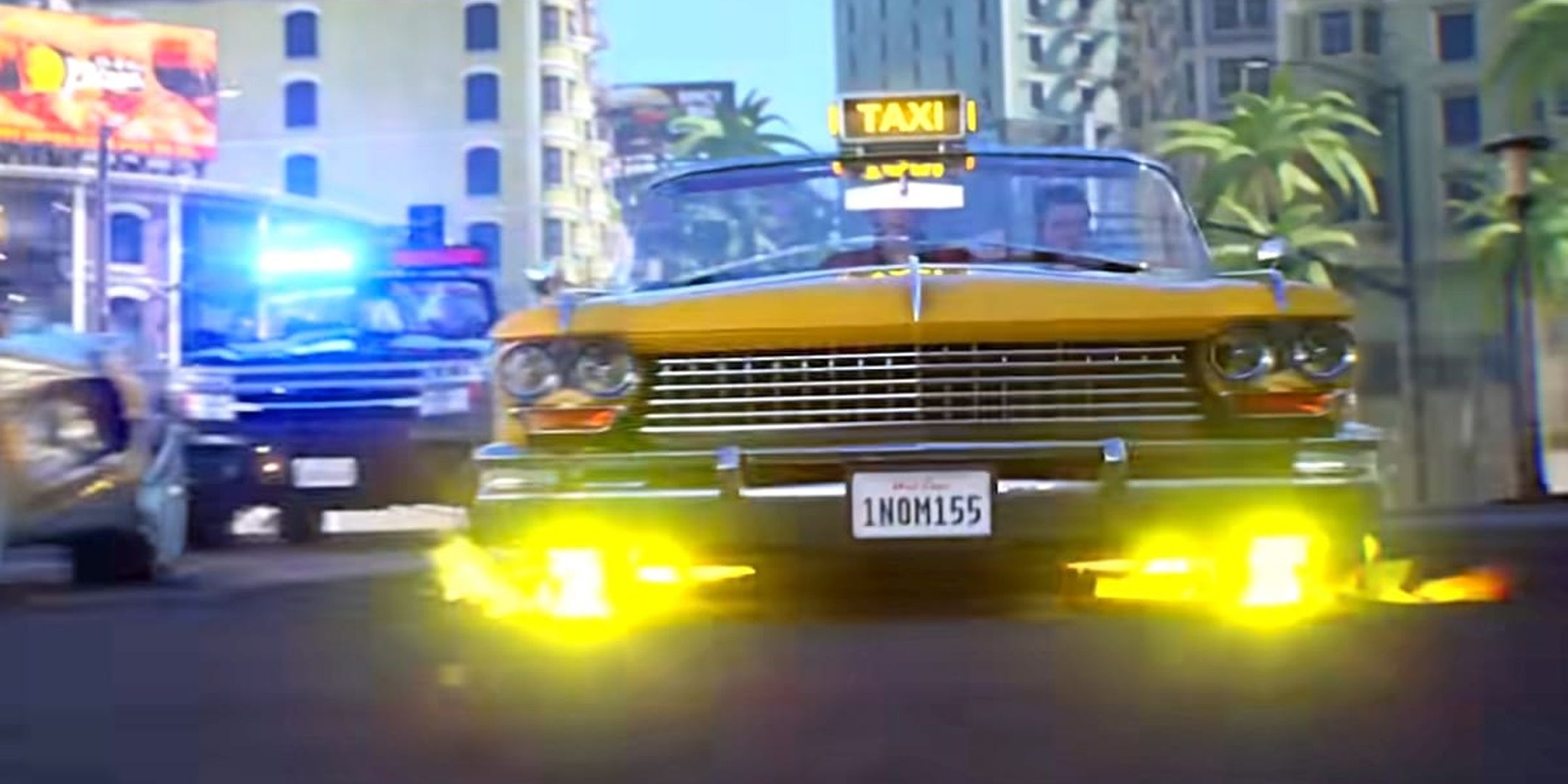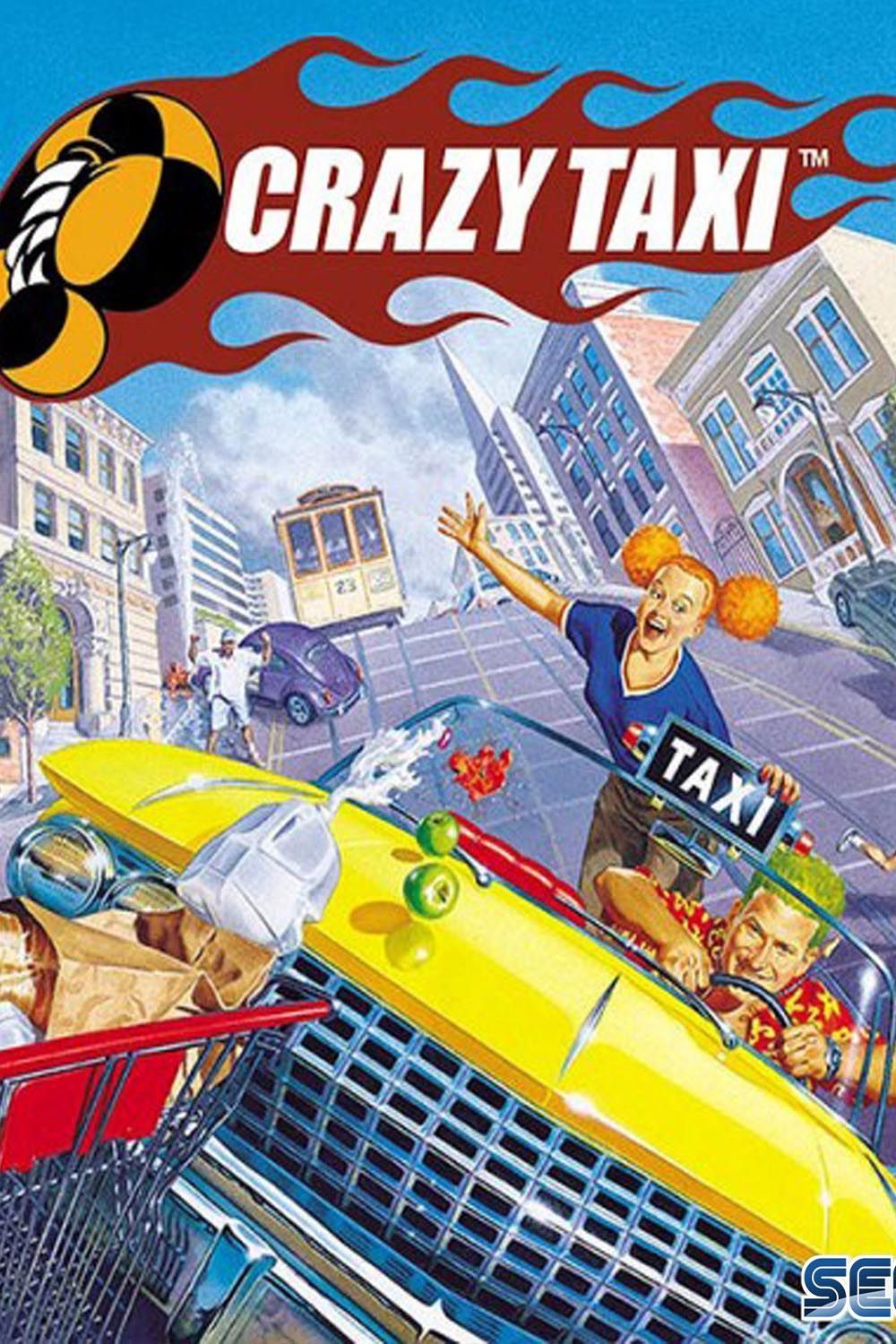


Sega is bringing back a wealth of classic games like Jet Set Radio and Crazy Taxi, dusting off a library that has been left dormant for decades. It should be a moment for celebration as the publishing giant embraces its past in the hopes of bringing it forward to a new generation. But it’s not.
These games are coming back in two forms, remakes and live-service reboots, directly taking inspiration from the unstoppable juggernaut that is Fortnite. Every triple-A game developer under the sun has tried to capitalise on Epic Games’ goldmine, but so many of these ventures end in layoffs, studio closures, server shutdowns, and/or board meetings about how disappointing the sales figures were when the writing has been on the wall since day one.
Back in 2022, PlayStation went full throttle into the live-service frenzy and announced that 12 games were in development and planned to launch by 2026. But half were delayed only last year while Naughty Dog’s standalone The Last of Us Factions spin-off was completely cancelled. Marvel and DC tried to get in on the live-service phenomenon with Avengers and Suicide Squad: Kill the Justice League, but both were panned by critics and fans alike as they haemorrhaged players in mere days. Arkane Austin of Dishonored and Prey fame was recently shovelled into the live-service pit with Redfall which ultimately led to the studio’s closure after the game’s abysmal reception.
The list goes on and on and on. Live-service games are an incredibly risky venture. Even breakout hits like Helldivers 2 don’t enjoy their success for that long, as it has already lost 90 percent of its player base on Steam. These games demand constant and substantial updates to satiate an enormous player base that developers must grow to satiate shareholders. That’s not to mention that you’re breaking into a market that already has games with devout, loyal fans who are very unlikely to switch, because live-service games must be endlessly rewarding time sinks to keep people coming back.
It’s a market that has been cornered already. Fortnite, Apex Legends, PUBG, Call of Duty, Counter-Strike 2, and Overwatch 2 dominate the space. Crazy Taxi and Jet Set Radio attempting to carve out an audience among the noise is just asking for a repeat of Knockout City, Foamstars, Hyper Scape, Evolve, and the myriad failures I could keep on listing.
To make matters worse, these are legacy series with existing audiences. They might flock to the remakes for some of that nostalgia, and some might even try the live-service reboots out of curiosity, but the vast majority will see it as a shallow attempt to repackage our fondness for these games as a money vacuum live-service model, needlessly adding bloat and obscuring what made these games special to begin with.
So, we have an incredibly competitive market with titans that refuse to budge, countless examples of developers failing to break into the space, and an existing fan base who are already annoyed at the idea of these games being twisted into shallow live-service money printers. Crazy Taxi and Jet Set Radio are asking to fail, and it’s a shame because we’ve seen that beloved classics like these can make a comeback today.
Dead Rising, seemingly tossed to the wayside by Capcom after the maligned fourth game, is making a comeback with a remake of the original. This is hot off the tail of the Resident Evil remakes which have only propelled the new mainline entries further, rather than seeding the ground for generic live-service slop. Prince of Persia likewise came back with The Lost Crown, a beloved instant classic Metroidvania that instilled new faith into this long-dormant series, and is taking an interesting indie swing with The Rogue Prince of Persia.
It takes care and attention to the classics to bring them back, cultivate a new audience, and win over old fans. Live-service games just aren’t capable of that, and if Crazy Taxi and Jet Set Radio are doomed to fail, I’m already dreading the inevitable way Sega will twist the narrative. Their failure won’t be because they’re live-service, it’ll be because of a lack of interest in these old games, and we’ll move onto the next live-service flop, and the next, and the next, leaving behind these cult classics to gather dust all over again.

The legendary Crazy Taxi was first launched in arcades in 1999, and soon became one of the Dreamcast’s best-selling titles. Your job, as the stunt-loving driver of the taxi, is to make sure your fares get to their destinations within the time limit.